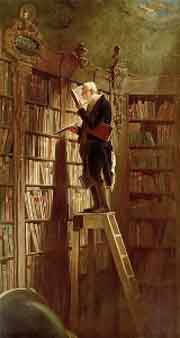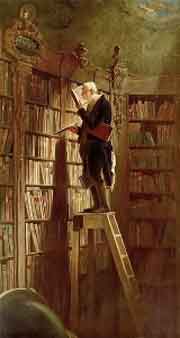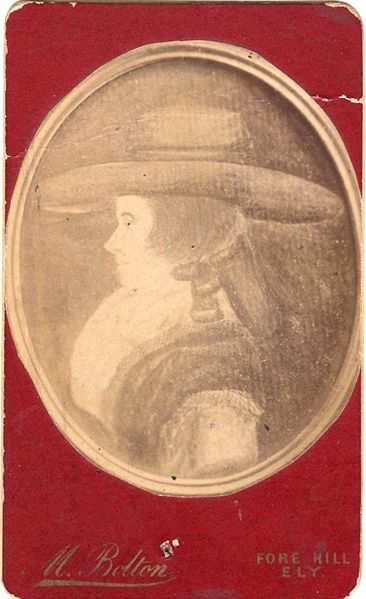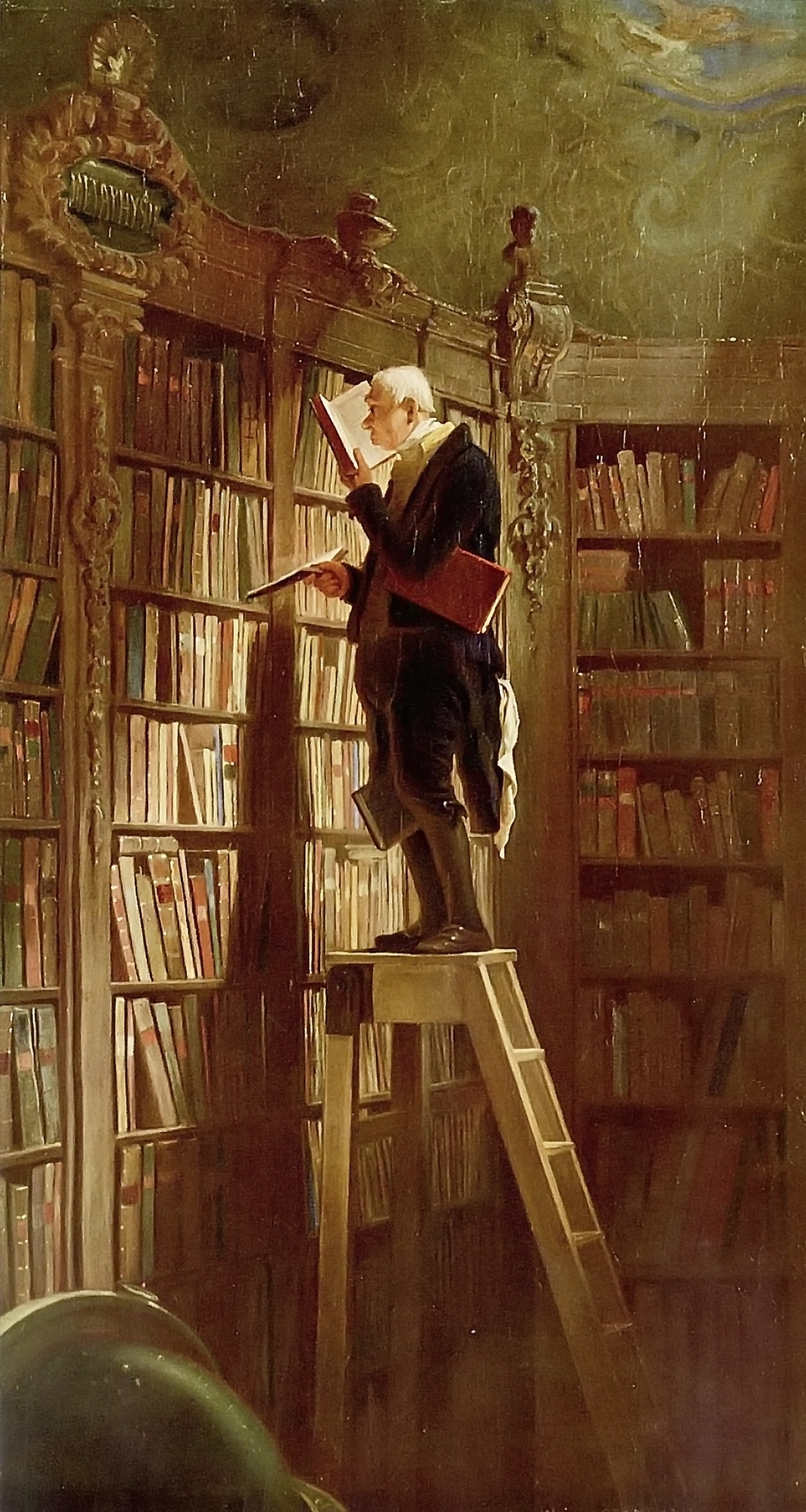
Mr. John Feltham
The Rights of Animals, A Compilation
letter to the editor, European Magazine
「1796-Jan」Mr. J. Feltham, “The Rights of Animals: A Cdompilation” European Magazine, and London Review 29 (1796-Jan) 51-3; Google Books: Online Library of Free eBooks).
Feed then, and yeild
Thanks for thy Food. Carnivorous thro’ Sin,
Feed on the Slain, BUT SPARE THE LIVING BRUTE. Cowper.
I think is very justly observed by Miss Wollstonecraft, that humanity to Animals should be particularly inculcated as part of national education. She laments that at present it is not one of our national virtues. This habitual cruelty is first caught very early, and every one may observe, that boys at school conceive it rare sport to torment the miserable brutes that fall in their way. The transition, as they grow up, from barbarity to brutes, to domestic tyranny over wives, children, and servants, is very easy.
Justice, and even benevolence, will not be a powerful spring of action, unless it be extended to the whole creation; and those that can see pain unmoved, will soon learn to inflict it. Montaigne also observes, that those natures that are sanguinary towards beasts, discover a natural propensity to cruelty towards their own species. After they had accustomed themselves at Rome to spectacles of slaughter of animals, they proceeded to the slaughter of men, the gladiators:—but we are bound to animals by the general duties of humanity; justice we owe to men, benignity to other creatures: there is a certain natural commerce, a reciprocal obligation between us and them; as the humane Poet says,
Superior as we are, yet they depend
Not more on human help, than we on theirs;
Their strength, or speed, or vigilance, were given
In aid of our defects.
Some of our public carriages afford a painful sight to the feeling mind. Who can without emotion behold the agonies of the generous horse, after it has been so cruelly forced beyond its natural strength, and where it is often linked with others superior in youth and strength, by an indigent of unfeeling proprietor, until it drops under incessant shipping and fatigue? Travelling might certainly be conducted on better principles than continued torture, and lingering death, to so fine a creature.
The generous steed in hoary age
Subdued by labour lies,
And mourns a cruel master’s rage,
While nature strength denies.
Inhuman wretch ! say whence proceeds
This coward cruelty?
What interest sprints from barbarous deeds,
What joy from misery?
The Turks are said to have Hospitals for beasts. Lord Bacon observes, that the inclination of goodness is imprinted deeply in the nature of man. The Turks are cruel, therefore, from habit and education; and that natural kindness, thus estranged from man, issues to beasts. The English, in the establishment of the Veterinary College, deserve encouragement and praise; this establishment will not doubt tend to ameliorate the condition of the brute creation:
The hear is hard in nature, and unfit
For human fellowship, as being void
Of Sympathy, and therefore dead alike
To love and friendship both, that is not pleas’d
With sight of animals enjoying life,
Nor feels their happiness augment his own.
“I believe, (says Mr. Ireland in his Illustration of Hogarth’s Pictures on Cruelty) what are called vicious propensities have their origin in improper education. Give me a blow that I may beat it, is and infant’s first lesson. Thus early taught to punish by proxy, can it excite a wonder if a spirit of revenge becomes a part of its nature? His first reading is The Seven Champions, and Guy Earl of Warwick; and though he can kill neither dragon nor dun cow, his admiration of those who could, induces him to exert himself in the extirpation of beetles and earth-worms. Quitting the mother for the master, he peruses histories of what are called heroes, great in proportion to the nations they have depopulated. The annals of his own country furnish him with a list of Barons bold who led armies of vassals to the field of death, where brothers butchered brothers, and the arrows sped by a son pierce the heart of his father—to determine the tincture of a tyrant’s role!”
While various scenes of sportive woe
The infant race employ,
And tortured victims bleeding shew
The tyrant in the boy:
But view a youth of gentler hear;
To spare the creatures pain,
O! take he cries, take all my tart;
But tears and tart are vain.
Learn from this fair example, you
Who savage sport delight,
How Cruelty disgusts the view,
While Pity charms the sight.
Repeated acts of barbarity to brutes, hardens the hear, until it commits murder on man, and an ignominious death follows. The gradation is as natural as, I had almost said, inevitable; as the parent who suspects that this root of depravity is springing up in the bosom of his child, and does not make every effort to eradicate the noxious weed, is accessory to the calamities attendant on its baneful growth. To check these malign propensities becomes more necessary, from the general tendency of our amusements. Most of our rural, and even infantine sports are savage and ferocious. They arise from the terror, misery, and death of helpless animals. A child in the nursery is taught to impale butterflies or cock-chaffers. The school-boy’s proud delight is clambering a tree to “rob the poor bird of its young.” Grown a gentle angler, he snares the scaly fry, or scatters leaden death among he feathered tenants of the air. Ripened to man, he becomes a mighty hunter, grows enamoured of he chase, and crimsons his spurs in the sides of a generous courser, whose wind he beaks in pursuit of an inoffensive deer, or timid hare. Many town diversions have the same tendency. The bird whose melodious warblings echo through the grove, imprisoned in a sort of Bastille, where like an unplumed biped in a similar situation, it frequently perished though anguish or want of food. The high-crested chanticleer, whose courage is innate and only vanquished by death, is furnished with weapons of pointed steel and set in opposition to its own species armed in a similar style, and, for the diversion of the humane lords of the creation, lacerate each other until one or both are dead. The faithful dog whose attachments and gratitude are exemplary, when with a farmer or country esquire, is well fed, and has no great cause of complaint, except his ears and tail being lop off to improve nature and having a rib now and then broken by a gentle spurn: but if the poor quadruped falls into the hands of a tanner, an anatomist, or an experimental philosopher, alas ! of what avail are all his good qualities?
The Abyssinian cruelties of our slaughter-houses and kitchens, I do not wish to enumerate. The catalogue would fill a volume. The Mosaic law, to guard against torture being inflicted upon animals slaughtered for sustenance, ordained them to die by a highly polished and pointed instrument; if he bone was pierced of the beast mangled, it was deemed as unclean and burnt. Humanity demands that the brute creation should be protected by the Legislature.
“What” (observes Dr. Gregory) “shall we say to that luxury, which for a momentary gratification of appetite, condemns a creature endued with feeling, perhaps with mind , to languish in torments, and expire by a protracted and cruel death ? and we are so much the creatures of habit, that those who would shudder at tying a lobster to a wooden spit and roasting it alive, will coolly place oysters between the bars of a slow fire; and yet these have doubtless an equal degree of feeling with their armoured brother.”
It is certain that an early habit of wanton cruelty strengthens by time, chokes every good disposition, corrupts the mind, and sears the heart. We cannot say to the malevolent passions, Thus far shall ye go and no farther. If a Pythagorean was to contemplate some of our savage sports, he would think us a group of barbarians, qualifying ourselves for executioners; would raise his voice to heaven, and thank the God of Mercy that he was not and inhabitant of such a country. Might it not have a tendency to check that barbarous spirit, which has more frequently is source in an early acquired habit, arising form the prevalence of example than in natural depravity, if every Divine were to preach a least one sermon in the year (previous to Shrove Tuesday) on our universal insensibility to the sufferings of he brute creation, and our duties towards them?
Wilt thou draw near the nature of he Gods?
Draw near them then in being merciful
Sweet Mercy in Nobility’s true badge.
As Shrove Tuesday is near at hand, Mr. Editor, by inserting these sentiments you may, by inducing conversation of the subject, enable gentleman to prevent much cruelty, in their respective districts, often exercised on that day in particular.
Honiton, Devon, 1796. J. F.




